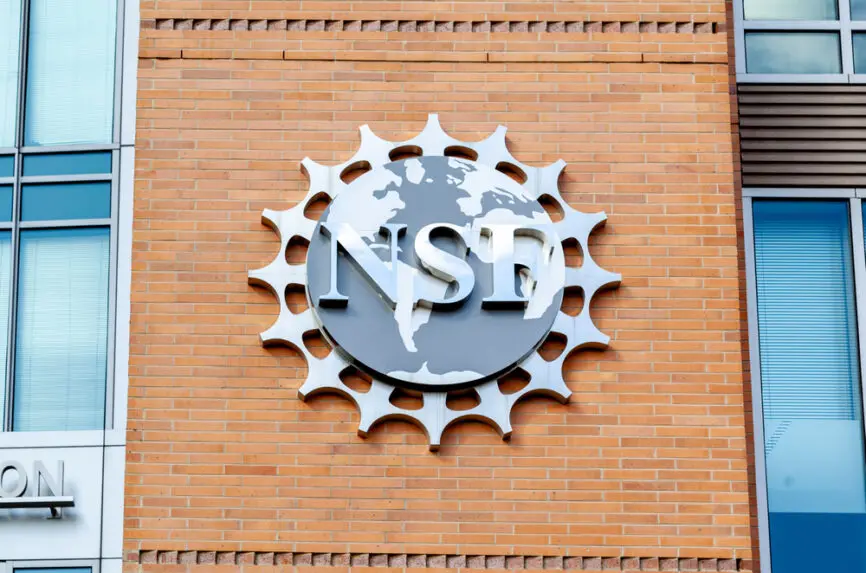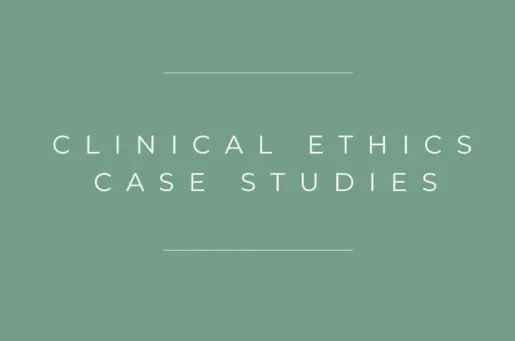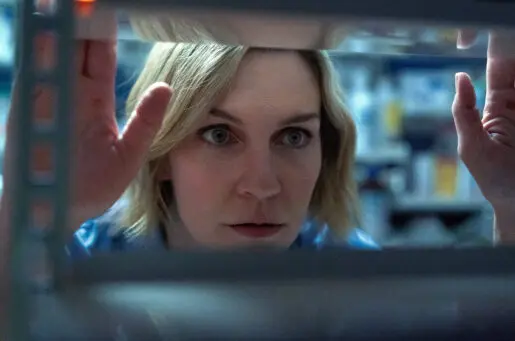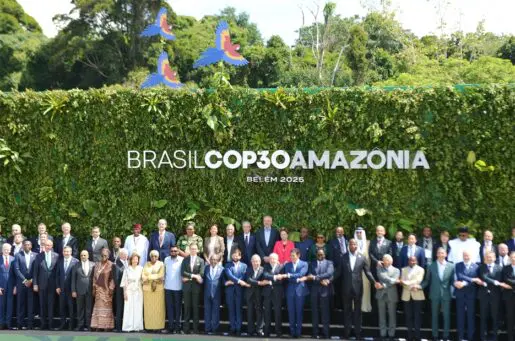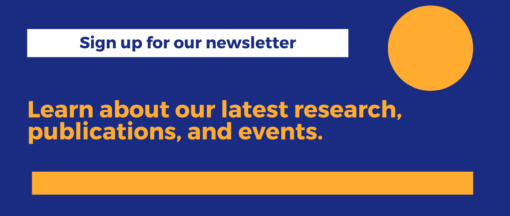Bioethics Forum Essay
To Make America Healthy Again, Stop Divesting from Science
Since the birth of our nation, scientific discoveries and technological innovations have improved our citizens’ health and well-being and made our country great, yet President Trump is now crippling these engines of American welfare, progress, and power. His proposed cuts to federal research funding and attacks on universities imperil the longstanding global leadership of the United States in scientific and medical discoveries and raise profound bioethical concerns.
U.S. research universities are the envy of the world. Our country has 19 of the world’s top 25 universities (68%). America has led the world in Nobel laureates in science, receiving 281 out of 442 (64%) of them. The country with the next highest number, the United Kingdom, has only 45 (10%). But slashes to federal funding for training scientists and threats to student visas are devastating our scientific future. U.S. researchers now have opportunities for jobs in Europe and China.
Over the past few decades, our major technological competitor, China, has transformed itself. From 2012 to 2021, the Ministry of Education doubled its higher education expenditures, especially in STEM (science, technology, engineering, and mathematics). In 2002, the U.S. produced more students with college degrees in science and engineering than China (around 550,000 versus around 400,000), but by 2015, China produced over twice as many as the U.S. (approximately 1.7 million compared to approximately 800,000). The disparity is similar with PhDs in STEM: In 2002, China produced only half as many as the U.S., but this year China will graduate around twice as many. In 2025, around 75% of Chinese PhDs are in STEM, compared with only 62.8% in the U.S.
Among high school students, too, science proficiency in the U.S. ranks 33rd in the world, below China, Russia, Vietnam, Argentina, and Slovenia. In the U.S., the 2022 bipartisan Creating Helpful Incentives to Produce Semiconductors (CHIPS) and Science Act aimed to raise our competitiveness in microchips, but did not cover many critical areas, such as biotechnology. Unfortunately, Trump is also now eliminating the Department of Education, which includes the National Center for Education Statistics, which tracks scores of K-12 students in math, science, and other crucial areas, to know where we stand and need to improve.
Cuts to biomedical research and education raise bioethical concerns. How well will we be able to continue to address ethical, legal, social, and policy challenges posed by medicine and technology? To ensure that researchers conduct studies ethically and do not fabricate results? To help patients and the public understand the purpose, as well as the risks and benefits of particular medical interventions, including vaccines? To aid health care providers and policymakers in deciding how to fairly allocate scarce medical supplies? The National Institutes of Health and the National Science Foundation have funded research and education on these crucial bioethical questions, fostering scholarship and training. Yet Trump has recently stopped NSF from funding all current grants or awarding new ones.
Instead of undermining and destroying America’s unparalleled scientific and research ecosystem in biomedicine and other areas, we should think long term and invest in, not divest from, research and education, to support current and future researchers. This investment has been foundational to the U.S. Driven by the ideals of the Enlightenment, Benjamin Franklin, Thomas Jefferson, and other founding fathers actively encouraged science and education. Robert Fulton’s steamship, Eli Whitney’s cotton gin, Samuel F.B. Morse’s telegraph, Alexander Graham Bell’s telephone, the Wright brothers’ planes, Thomas Edison’s light bulb, and Henry Ford’s Model T were extraordinary scientific advances that made our country a shining light to the world. Biotechnology has produced drugs that reduce cholesterol and high blood pressure and treat depression, obesity, cancer, and countless other problems, saving millions of lives. NIH. and the NSF fueled many of these achievements, funding research built on clear evidence. In recent decades, this scientific progress has yielded computer- and AI-aided diagnostics and treatments that may further improve health care.
To make America healthy and great, we need to encourage our brightest students to pursue science and education that will benefit our nation’s health. Rebuilding the needed pipelines and critical masses of investigators and trainees can take decades. Trump and his supporters need to recognize the full long-term implications of drastic cuts to science and education, or our country’s health and strength will diminish.
Robert Klitzman, MD, is a professor of psychiatry at the Vagelos College of Physicians & Surgeons, director of the bioethics master’s and certificate programs at Columbia University, and a Hastings Center Fellow. He is the author of Designing Babies: How Technology is Changing the Ways We Create Children, and The Ethics Police: The Struggle to Make Human Research Safe, Children. @Robertklitzman @RobertKlitzman.bsky.social LinkedIn Robert-Klitzman
